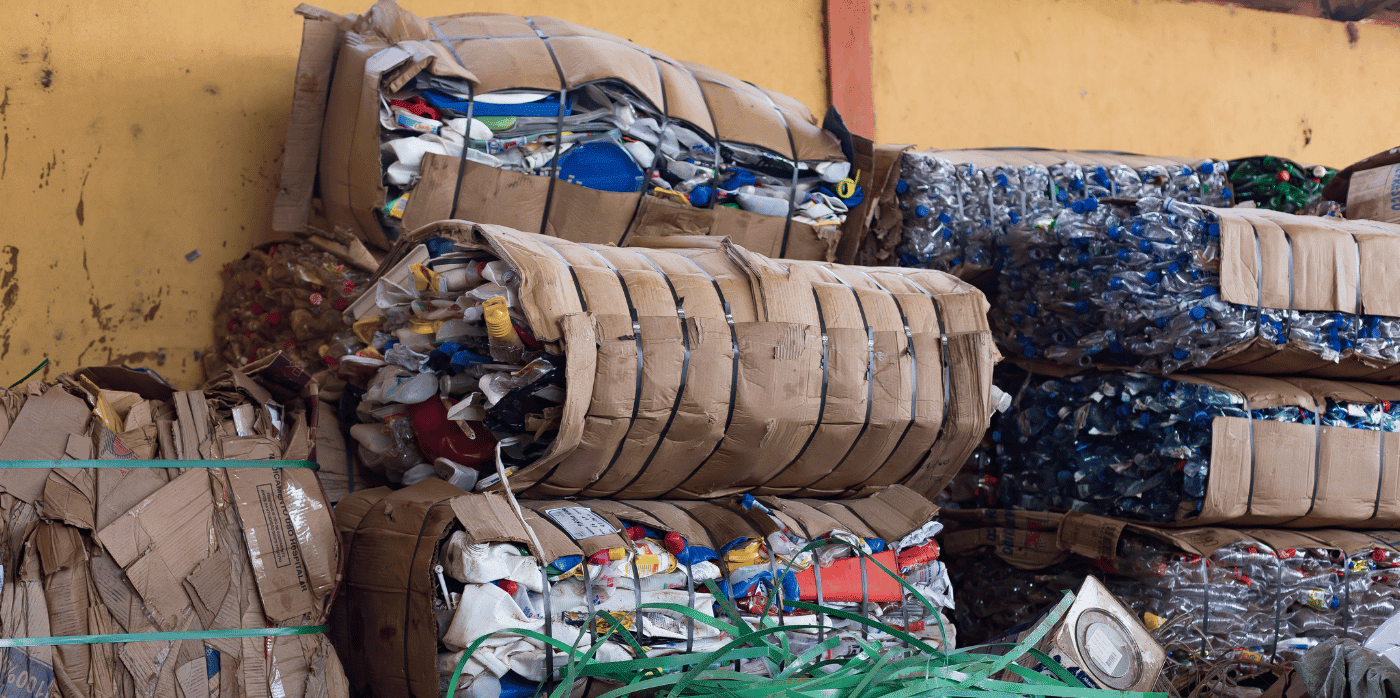
Spotted: Most people are eager to engage in recycling and want to make more sustainable choices, but logistical obstacles get in the way. In fact, a lack of recycling services was cited as the biggest barrier to recycling worldwide, according to a World Economic Forum study.
To make recycling more accessible for everyone, South-Africa-based Regenize collects separated rubbish directly from users on specified days – including recyclables and compostable organic waste – taking collections to local Decentralised Recycling Hubs (DRHs). Collection is free for lower-income areas and middle-upper communities pay a monthly fee. Once households sign up to the scheme, they receive a starter kit that includes information on how to recycle.
In exchange for their recycling, participants receive Remali – a virtual currency that can be spent with Regenize partners, including Vodacom and Telkon Mobile in return for data and minutes. Users track their recycling and Remali rewards on an easy-to-use app. But for those who don’t have access to a smartphone, Regenize also offers ‘Simplified Remali’ that can be redeemed in participating shops instead of online, which further helps to boost the local economy.
Impactful social change is at the heart of Regenize’s model, and the company chooses existing waste pickers and unemployed community members to become collectors. Collectors are given free uniforms, fossil-fuel-free bikes, equipment, mobile phones, and instead of sorting through dirty landfill sites, they have access to clean and safe rubbish. As well as providing them with a stable income, Regenize also helps the collectors get bank cards and access micro-loans.
Though currently only available in certain parts of South Africa, Regenize has plans to go national within five years, and then expand across the whole of Africa. The company recently launched more of its services at Khanyolwethu Secondary School, Lwandle in June this year.
Social change doesn’t have to come at the expense of sustainability. In fact, in the archive Springwise has spotted many innovators combining the two, including an Indian startup that employs local women and youth to create artisanal products from upcycled plastic and a Kenyan recycling company that ensures fair wages for waste pickers.
Written By: Matilda Cox

